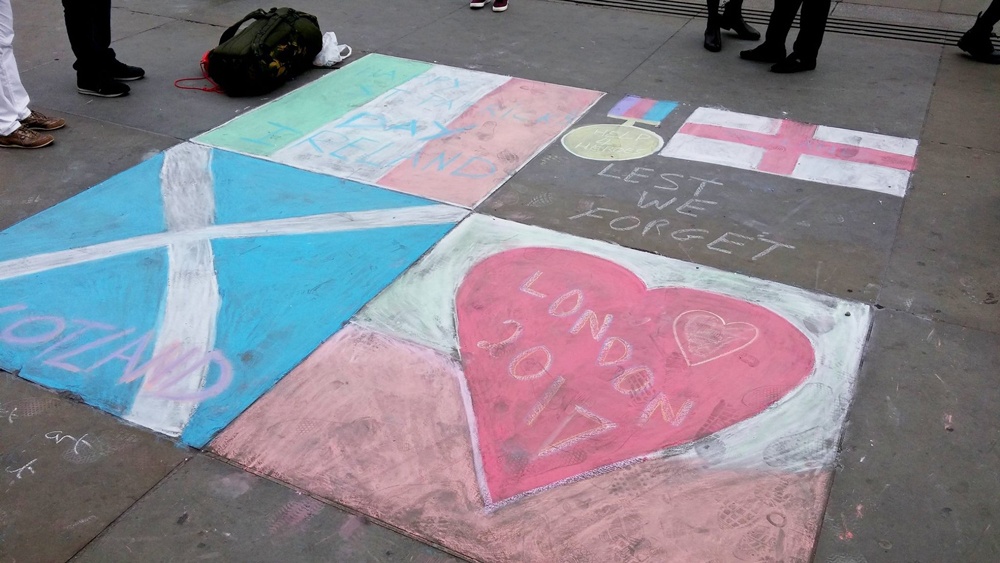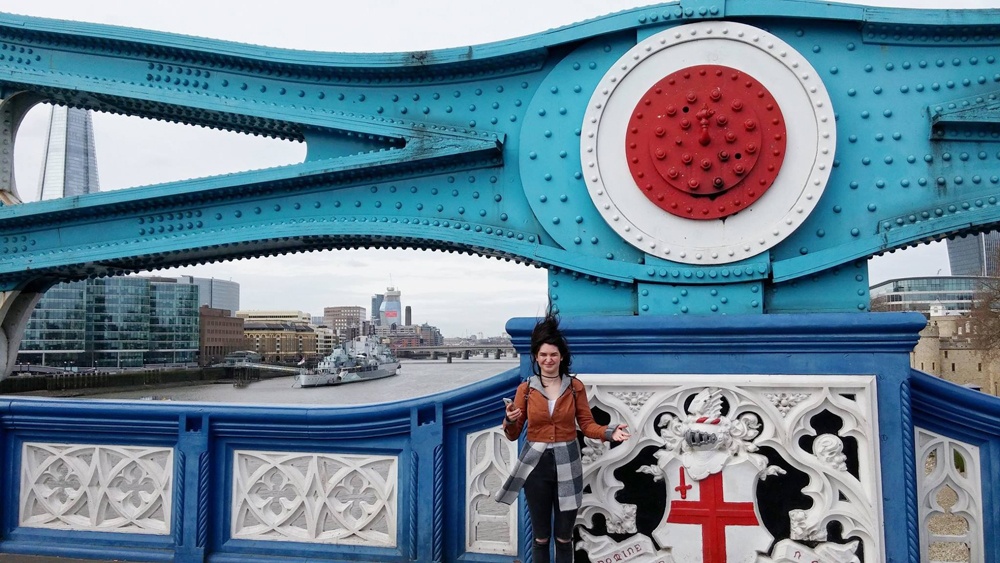WORDS/PHOTOS: MARTA VOJNIĆ PURČAR
I have always admired people who know how to be content, wondering for a long time whether it’s something that naturally occurs or doesn’t occur. Striving to learn about myself, to achieve a state of overall contentment and general well-being, I’ve always been interested in reading, learning and talking about human nature and psychology, willing to apply and share what I have learnt. As a result, in the past few years of my life, I’ve been a witness of an undeniable fact that contentment, or happiness, as some might call it, is not simply a destination or a state that comes passively as a deserved heavenly gift, which many of us naively choose to believe. It is a deliberate conscious CHOICE and a SKILL that we need to learn and practice daily through our interaction with the world that surrounds us. I’ve learnt that, in order to accomplish our basic need to feel good about who we are and what we do, we need to be proactive by taking responsibility for our lives. Achieving inner peace and contentment requires determination, the right attitude, knowledge, effort, self-discipline, patience, gratitude, realistic expectations and, most importantly, harmonious, caring and supportive social bonds that we create. And it’s well worth the invested energy. So, how can we make it happen?

To start with, there are actions that bring instant results:
– being wholeheartedly grateful for what we already HAVE, from the ‘big things’, like the home, family, friends and job, to the ones we take for granted: kindness, sight, electricity, reading glasses, dentists, you name it. Just imagine living without them;
– feeling gratitude for what we DON’T HAVE, as it’s only scarcity that motivates us to take action and be creative. It makes us humble, generous and emphatic. Abundance and perfection are not stimulating, productive or deeply satisfying driving forces;
– accepting who we ARE by embracing the roles that we have and the way we contribute to other people’s happiness, making a change in someone’s life;
– being AUTHENTIC, contributing to the humankind with our unique personality and skills, spreading positive energy just by being able to be ourselves with all of our irresistible imperfections;
– accepting the CIRCUMSTANCES that we are in right now, especially the ones we can’t change, like the weather or daily chores and responsibilities. Whinging only spoils everyone’s mood. And,
– reaching out for support and sharing it, as both parties will benefit.
On a deeper level, we need to learn where we are in relation to our emotional, spiritual, social and moral ideals. That means either making peace with the present situation by changing our attitudes to it or initiating change and improvement, having faith that the invested energy will result in positive outcomes, which it inevitably will. Not surprisingly, combining the two approaches will bring about the best possible results. Our principal instinctive guide is our INNER VOICE in daily moments of silence, solitude, mental privacy and detachment from our daily roles. Combined with the right people to help us on our journey, we have a win-win situation.

Also, we should be finely attuned to our BODY, which is a natural mirror of the inner workings of our mind, soul and the subconscious. We need to be kind to it and take care of it by practising moderation, balance and versatility in everything we do and consume, and ensuring good quality sleep and rest; no compromise on that. Let’s treat our body as the only home we’ll ever live in, because it IS irreplaceable. Equally, it’s practically impossible to overestimate the healing benefits of the nature and fresh air, so lets consider it as necessary daily nourishment, no matter where we live or how many obligations we have. It’s an investment, rather than a luxury. It’s all pretty much common sense. At the end of the day, the choice is simple: Do I want to feel better or not? Then, I need to act accordingly. By taking care of ourselves, we send out a message that we are not a burden to other people and it’s easy for them to create and maintain pleasant, quality and easy-going RELATIONSHIPS with us, which is a crucial factor for everyone’s well-being.
Moreover, when we are highly sensitive to and selective about what kind of energy, people, circumstances and information we allow to consistently enter our private space, we minimise or maximise the emotional impact they have on us, therefore regulating the way they control us. If we take everything personally, we risk being overwhelmed by the feelings that don’t necessarily need to burden us. We don’t owe that to anyone. We should create HEALTHY BOUNDARIES that people will eventually learn to accept and respect. Boundaries are crucial for our overall well-being, and learning how to set them is a life-long process that requires knowledge, support and experience. We teach other people how to treat us by treating ourselves and them in the same manner.
Finally, it helps a great deal when we have REALISTIC EXPECTATIONS from ourselves, other people, circumstances and events. They relieve the pressure for us and them, enable us to spare ourselves the many disappointments and potential conflicts. They allow us to appreciate whatever life brings as a blessing or a valuable lesson that we need to learn to be able to let go, move on and evolve. We also discover how to make the most of what we have HERE and NOW, with the people, circumstances and vibes that are present in our lives. We learn how to manage our emotions and look for potential joy and inspiration in everything we do, whenever we can, beyond the obvious occasional, highly fulfilling pleasures. When we cultivate noble feelings and habits, embrace people and circumstances that contribute to our general well-being, we improve our chances of living the fulfilling life we all strive for. At the end of the day, it’s hard work but also pleasurable experience, exploring ourselves and our potentials, meeting inspiring people along the way. There is no simple recipe or a magic pill. There is, however, a different choice – letting life passively happen to us. Now, how boring is that?
Relationships, Healthy boundaries, Realistic expectations



